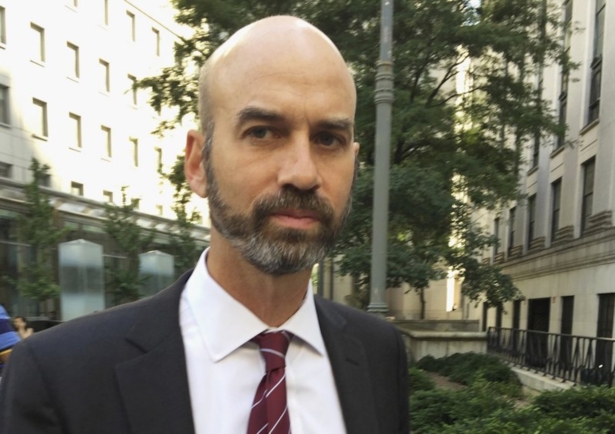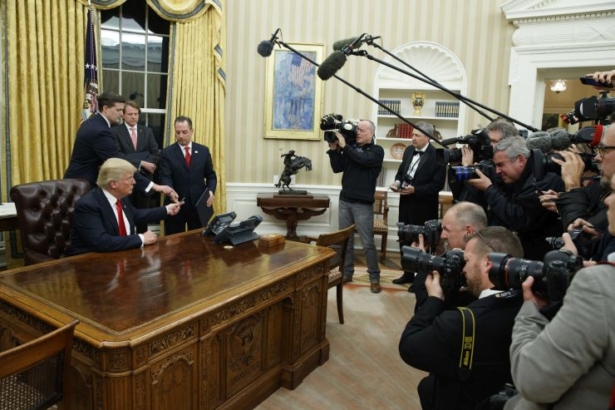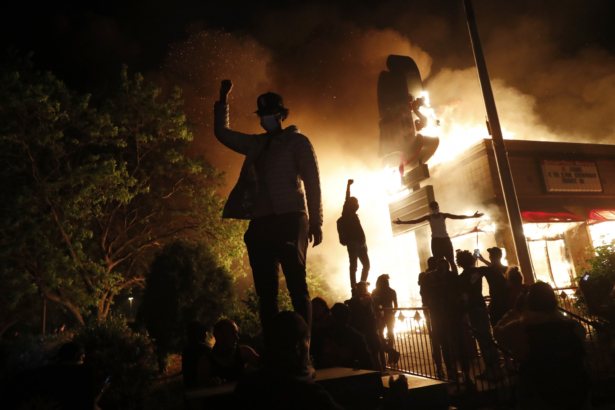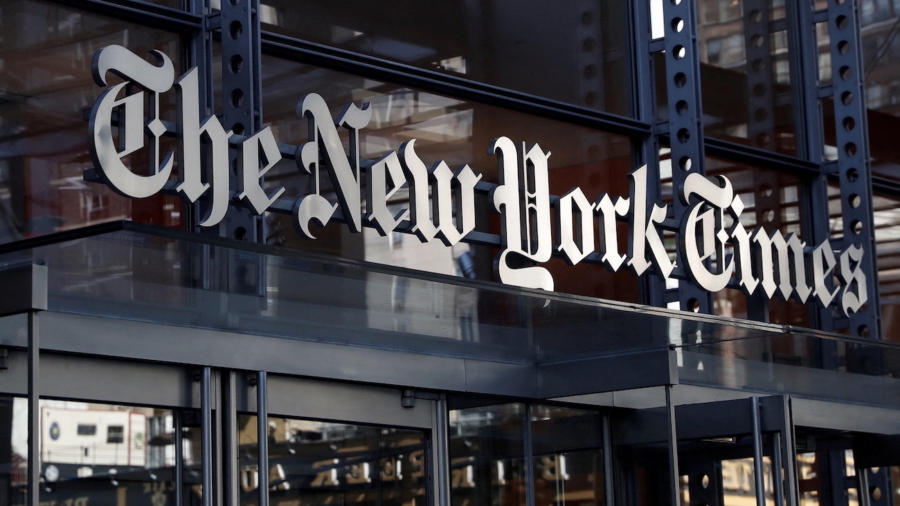Former New York Times (NYT) editor James Bennet sounded the alarm about the paper’s polarizing journalistic ethics and toxic workplace culture in a Thursday opinion piece.
“The reality is that the Times is becoming the publication through which America’s progressive elite talks to itself about an America that does not really exist,” Mr. Bennet wrote in The Economist in the article titled “When The New York Times Lost its Way.”
In his article, Mr. Bennet recounted how, over the course of 19 years, he witnessed the paper changing “from liberal bias to illiberal bias, from an inclination to favour one side of the national debate to an impulse to shut debate down altogether”—a course which ultimately led to him being asked to resign.
Mr. Bennet also characterized the work environment as rife with “bullying and group-think,” very different from when he first joined the NYT in 1991.
He reminisced how a three-month assignment to write about the elderly population in New York had opened his eyes to the intricacies and variety of actual life.
“The subject was more complicated and richer than I imagined, and every person had stories to tell,” he admitted, a humbling experience that gave him a taste of the real value of the profession.

The Yale graduate also described how, as coming from a family of Democrats, a six-week assignment to cover Pat Buchanan’s 1996 presidential campaign had been his “first real chance” to see the world through the eyes of Republicans.
Mr. Bennet fondly remembers his first 15 years at the NYT.
“You did not have to pretend that the good guys, much as you might have respected them, were right about everything, or that the bad guys, much as you might have disdained them, never had a point. You did not, in other words, ever have to lie,” he wrote.
“This fundamental honesty was vital for readers, because it equipped them to make better, more informed judgments about the world.”
In 2006, Mr. Bennet joined The Atlantic as its new editor-in-chief, successfully making the magazine more popular—and profitable for the first time in decades.
When he returned to the NYT in 2016, he found that the fundamental journalistic integrity he valued so much was on the decline—a trend he attributed to several factors.
The arrival of the internet had dealt a heavy blow to printed media: revenues shrank, and many outlets had gone out of business, reducing the opportunities for young journalists to gain practical experience. Instead, the new generation leaned heavily on social media to establish their reputation, focusing on garnering “followers”—a term that “mocks the essence of a journalist’s role,” wrote Mr. Bennet, who currently works as a senior editor for The Economist.
A second factor that contributed to the crumbling journalistic standards were new staff bringing in “cynical” ideas from academia—inundated with postmodern ideology, these newly graduated writers were taught to think there is no such thing as objective truth, but only “narrative”.
“What matters, in other words, is not truth and ideas in themselves, but the power to determine both in the public mind,” Mr. Bennet wrote.

This propagandistic attitude spun wholly out of control when Donald Trump was elected president, contrary to mainstream election polls. It sent shockwaves through the NYT’s offices. Angry and scared, many staff members decided the newspaper should help lead “the resistance” against President Trump.
Henceforth, internal editorial decisions came to be viewed through the lens of tribalism.
“Even columnists with impeccable leftist bona fides recoiled from tackling subjects when their point of view might depart from progressive orthodoxy,” Mr. Bennet wrote.
Anxious for growth, the NYT’s marketing team recognized the activist bias as a selling point (while at the same time stressing the importance of creating “a perception of independence”).
“The internet rewards opinionated work,” Mr. Bennet wrote. And indeed, subscriptions increased—over 95 percent of the NYT’s new readers were Democrats and Independents.
According to Mr. Bennet, this adherence to the agenda of “the resistance” was what resulted in the NYT’s reluctance to inform its readers that there was not much truth to President Trump’s alleged “Russian collusion”; that he might be right that COVID-19 came from a Chinese lab; that shutting down schools for many months may have been a bad idea, etc.
The activist agenda also explains why the NYT questioned the Hunter Biden laptop story, which arguably may have impacted the election outcome.

During the 2020 riots—which caused 2 billion in damages—following the death of George Floyd, Mr. Bennet gave the green light to publish an op-ed written by Republican senator Tom Cotton, who called for deploying the military to protect lives and businesses from rioters.
Activist staff at NYT reacted furious, even mobilizing the union, twisting the senators’ words that he wished to unleash the military on the population, ignoring that in the op-ed he clearly distinguished between “peaceful, law-abiding protesters” and “rioters and looters”.
Three days later, Mr. Bennet received a call from Arthur Gregg Sulzberger, the NYT publisher, demanding his resignation “with an icy anger that still puzzles and saddens me.”
In the article, Mr. Bennet indirectly recognized the dangers of the postmodern rejection of factual objectivity.
“It is hard to imagine a path back to saner American politics that does not traverse a common ground of shared fact,” he wrote.
“It is equally hard to imagine how America’s diversity can continue to be a source of strength, rather than become a fatal flaw, if Americans are afraid or unwilling to listen to each other.”
NYT’s Sulzberger Responds
In response to Mr. Bennet’s op-ed, Mr. Sulzberger responded with an op-ed of his own in the NYT.
“James Bennet and I have always agreed on the importance of independent journalism, the challenges it faces in today’s more polarized world, and the mission of The Times to pursue independence even when the path of less resistance might be to give into partisan passions,” Mr. Sulzberger said.
“But I could not disagree more strongly with the false narrative he has constructed about The Times.”

